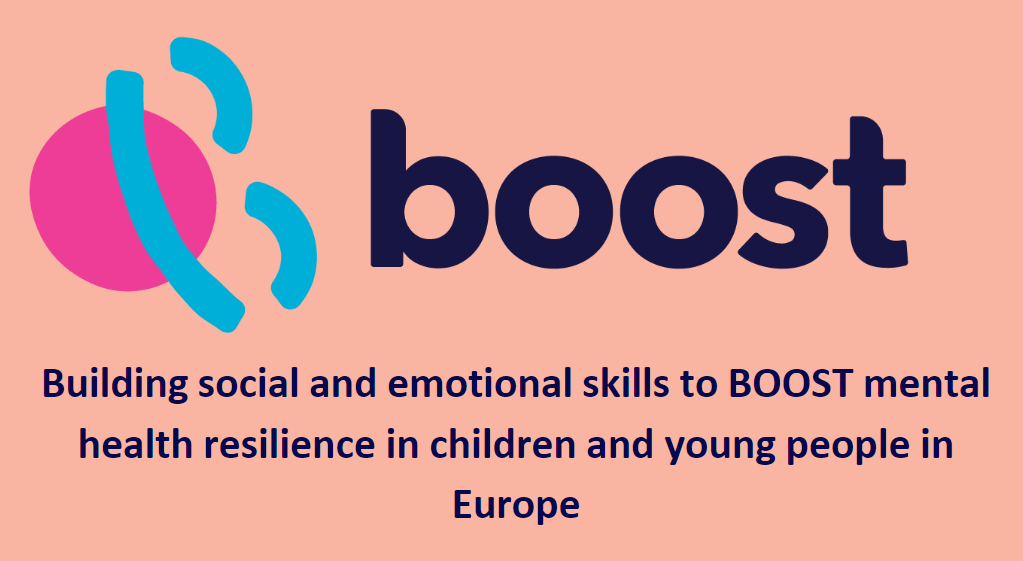BOOST was in the spotlight during the last meeting of the European Union’s Committee of the Regions Interregional Group on Health and Well-being!
The Committee of the Regions Interregional Group on Health and Well-being (CoR IRGHW) held its last meeting of the year on 25 November 2021, dedicated to supporting mental health during and after the COVID-19 pandemic. Mental health disorders already represented a significant health burden prior to the pandemic, with around 16% of the European population suffering from a mental disorder. The COVID-19 pandemic has exacerbated this situation, especially amongst vulnerable groups such as children.
Åse Marit Hovden, Senior Adviser Public Health at Viken County (NO) presented the BOOST project to the members of the CoR IRGHW, explaining that by developing teachers’ SEL competence and skills to be applied in schools, the project will support children’s mental health and resilience. Drawing from the recommendations in the project’s policy brief, she called out the lack of consistency in policy formulation and implementation across policy levels, leading to insufficient resources and capacities to deliver high quality social and emotional learning programs in schools. In particular, the first six policy recommendations were highlighted to demonstrate the clear need for work systemic work to not only solidify SEL in school’s curricula but also at EU policy level.
Claudia Marinetti, Director at Mental Health Europe, was also present and agreed there is a strong need for a comprehensive European mental health strategy. She pointed out that the EU has a responsibility, according to the Treaty on the European Union, to support the mental health of its citizens. This responsibility has become even more urgent now because the pandemic led to higher mental distress coupled with a disruption of care services. Despite this increasing relevance, the EU still does not have a plan for an integrated approach to address the mental health of its citizens.
At the end of the meeting, there was time for an open exchange of opinions during which participants emphasized several topics that were discussed, such as the need to remove stigma around mental health, the need for prevention, and the importance of paying structural attention to mental wellbeing in schools.

